On August 7, 2025, NASA shared a new image of Comet 3I/ATLAS and an updated estimate of its size. 3I/ATLAS, the 3rd-known interstellar object, was originally estimated to have a diameter of 20 km (12 miles). But with data from the Vera C. Rubin Observatory, astronomers re-estimated the size to be around 10 km (6 miles). And now the Hubble data puts the size of 3I/ATLAS’s nucleus at a diameter of 5.6 km (3.5 miles). But it could be as small as 320 meters (1,050 feet) across.
Get the latest international news and world events from around the world.

Release of ChatGPT-5 ‘Beginning of a New Era For Humanity’
OpenAI released a keenly awaited new generation of its hallmark ChatGPT on Thursday, touting “significant” advancements in artificial intelligence capabilities as a global race over the technology accelerates.
ChatGPT-5 is rolling out free to all users of the AI tool, which is used by nearly 700 million people weekly, OpenAI said in a briefing with journalists.
Co-founder and chief executive Sam Altman touted this latest iteration as “clearly a model that is generally intelligent.”


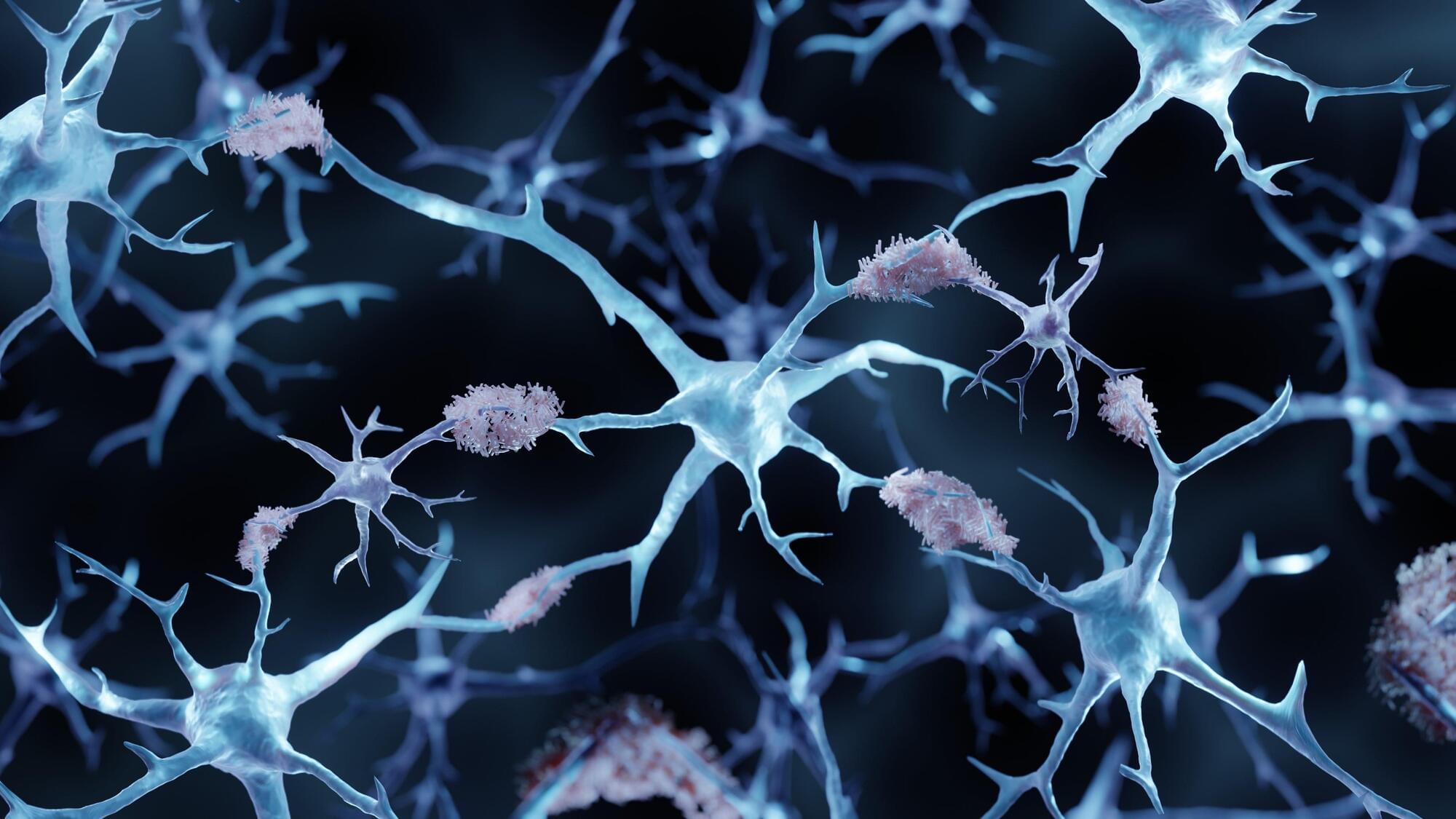
Denali antibody clears amyloid plaques without dangerous brain bleeds in Alzheimer’s mouse model
Ever since Biogen and Eisai’s Aduhelm (aducanemab) was approved in 2021 as the first antibody to treat Alzheimer’s disease by clearing amyloid plaques from the brain, the modality has been dogged by a serious side effect: brain bleeding called amyloid-related imaging abnormalities, or ARIA.
Now, researchers from Denali Therapeutics have debuted an antibody that can cross the blood-brain barrier and attack amyloid, but without triggering this potentially life-threatening complication.
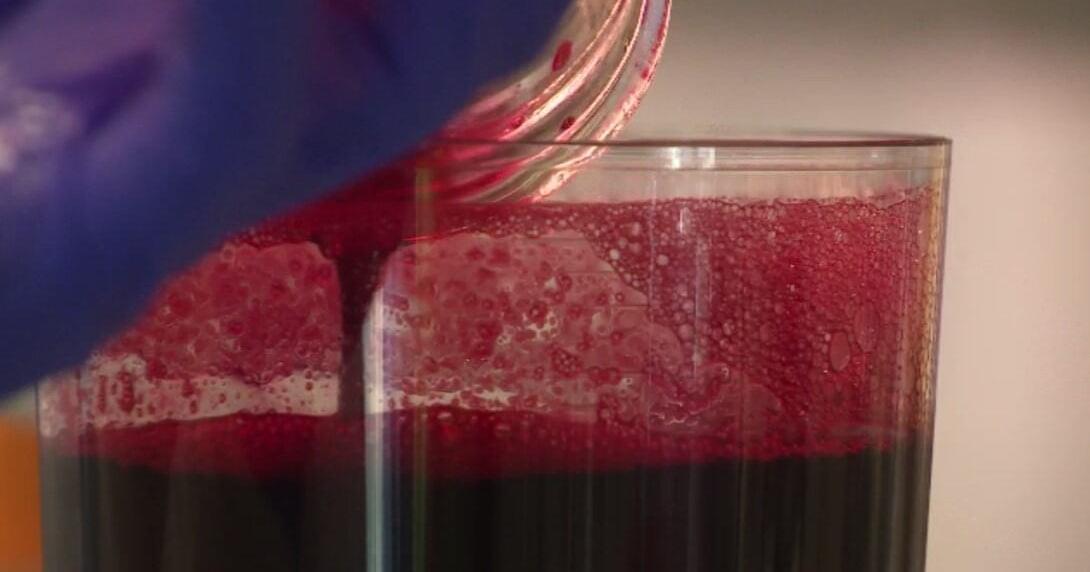
Synthetic, shelf-stable blood developed by Maryland scientist could save lives in emergencies
A Maryland scientist developed synthetic blood that could save lives when seconds count and fresh blood is out of reach.
Dr. Allan Doctor is a professor-scientist at the University of Maryland School of Medicine. His shelf-stable synthetic blood product is called ErythroMer, under development by KaloCyte.
The blood alternative could be used in the field without a refrigerator or a donor match, he said.
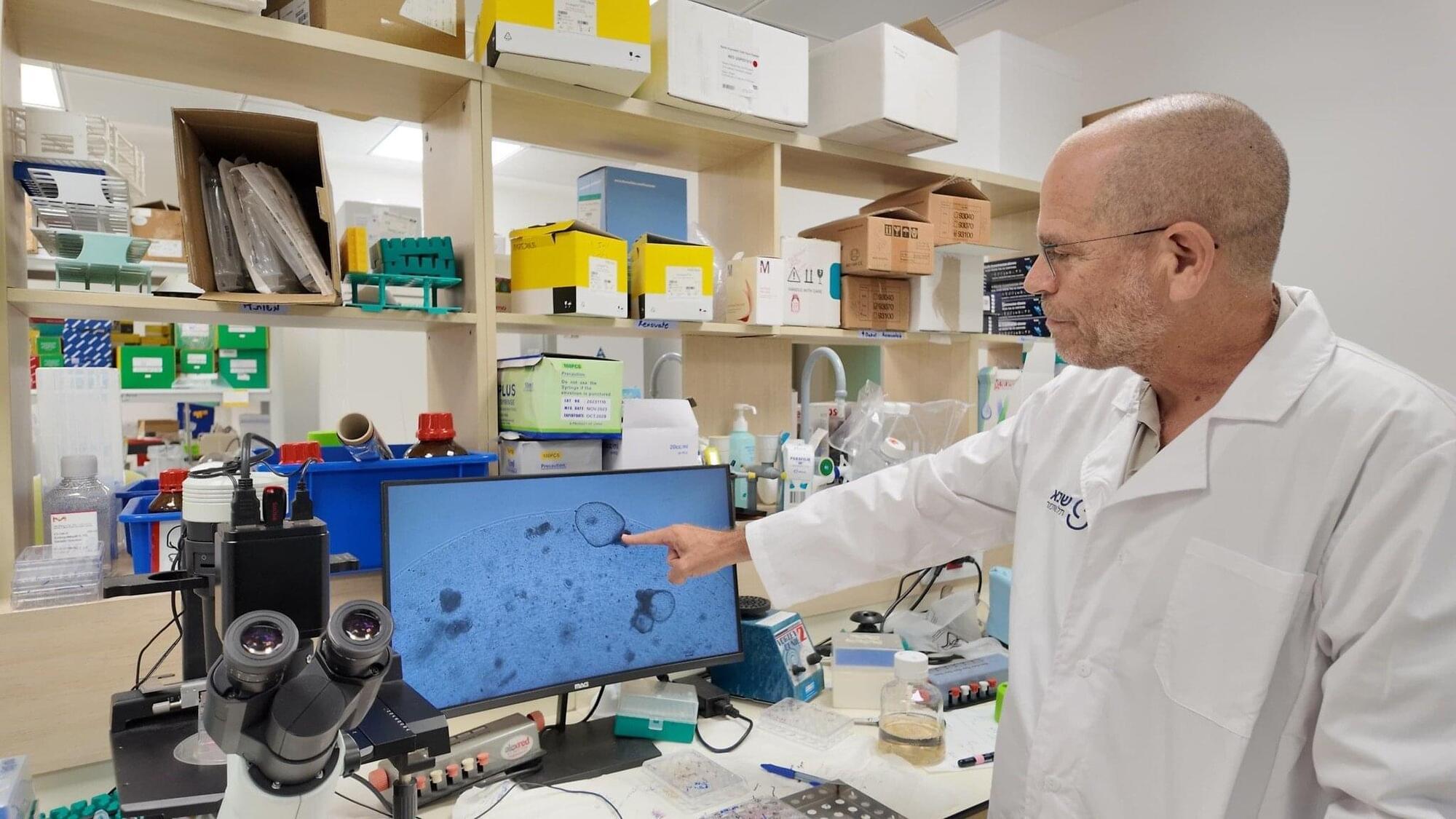
In a world breakthrough, Israeli researchers grow first long-term human kidney in lab
In a world first, researchers from Sheba Medical Center and Tel Aviv University have successfully grown human kidney organoids – a synthetic 3D organ culture – using kidney tissue stem cells.
The synthetic kidney organs matured and stayed stable for 34 weeks, which is the longest-lasting and purest set of kidney organoids ever developed.
Prof. Benjamin Dekel, Director of the Pediatric Nephrology Unit and the Stem Cell Research Institute at the Safra Children’s Hospital at Sheba Medical Center and Director of the Sagol Center for Regenerative Medicine at Tel Aviv University led the study. Doctoral student Dr. Michael Namestannikov, a graduate of the Physician-Researcher track at Tel Aviv University’s Faculty of Medicine, and Dr. Osnat Cohen-Sontag, a research associate at Sheba Medical Center, participated in the research.
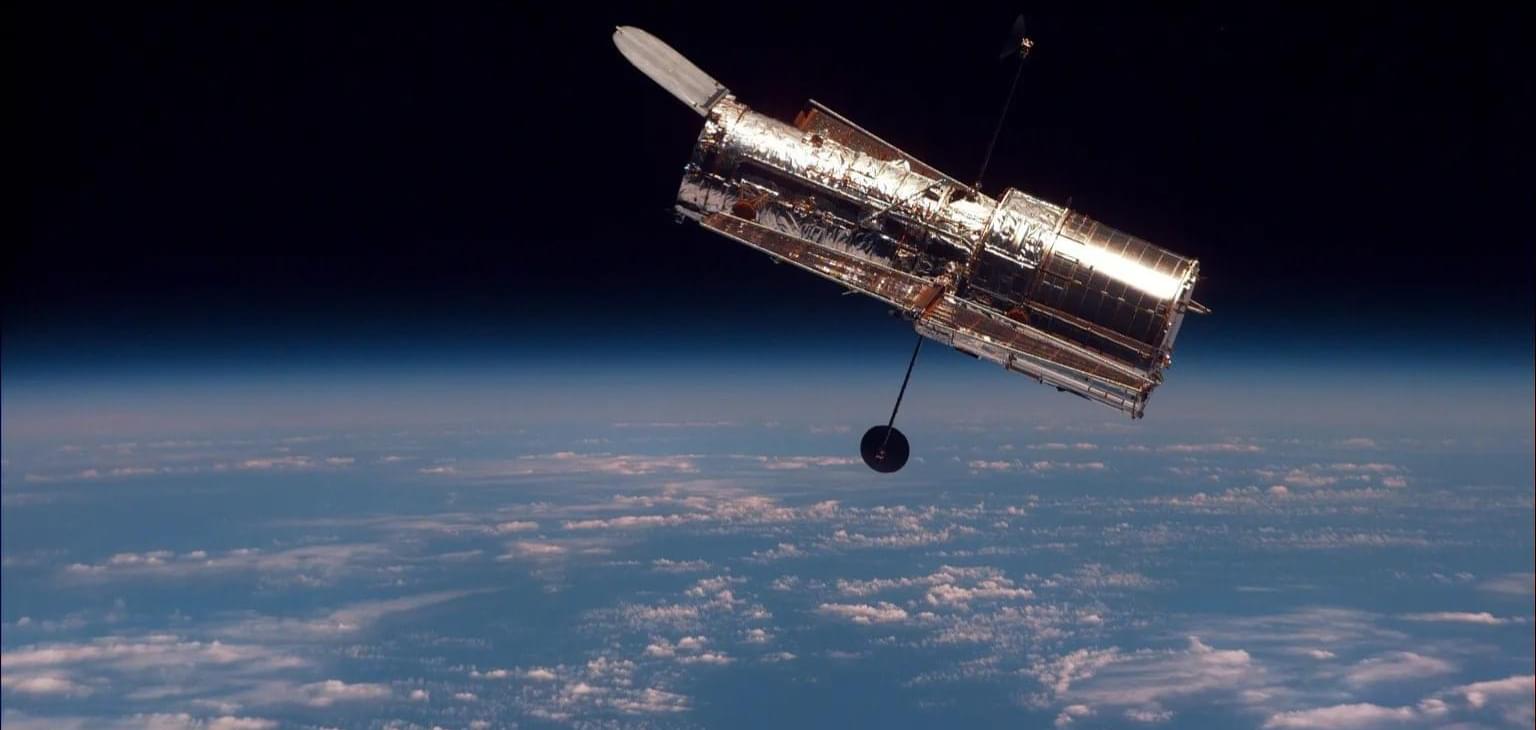
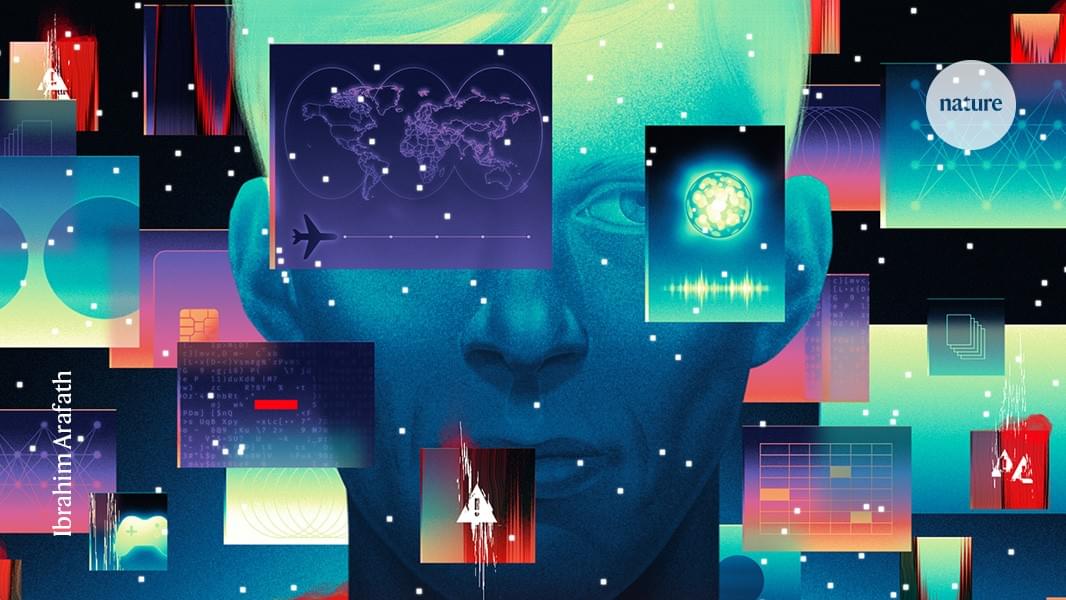
Jupiter-Venus conjunction: How to see our solar system’s 2 brightest planets in August
From meteor showers to visible nebulas, August is primed to be an action-packed month for stargazers in the United States.
And one of the highlights of the month? The impending meet-up of Jupiter and Venus.
The gas giant Jupiter, our solar system’s largest planet, is due to make a close approach in August with Venus, NASA said in an August skywatching guide. The rendezvous, known in astronomy terms as a conjunction, comes a few months after Venus underwent an inferior conjunction in March – meaning it appeared in the sky after sunset and again before sunrise.